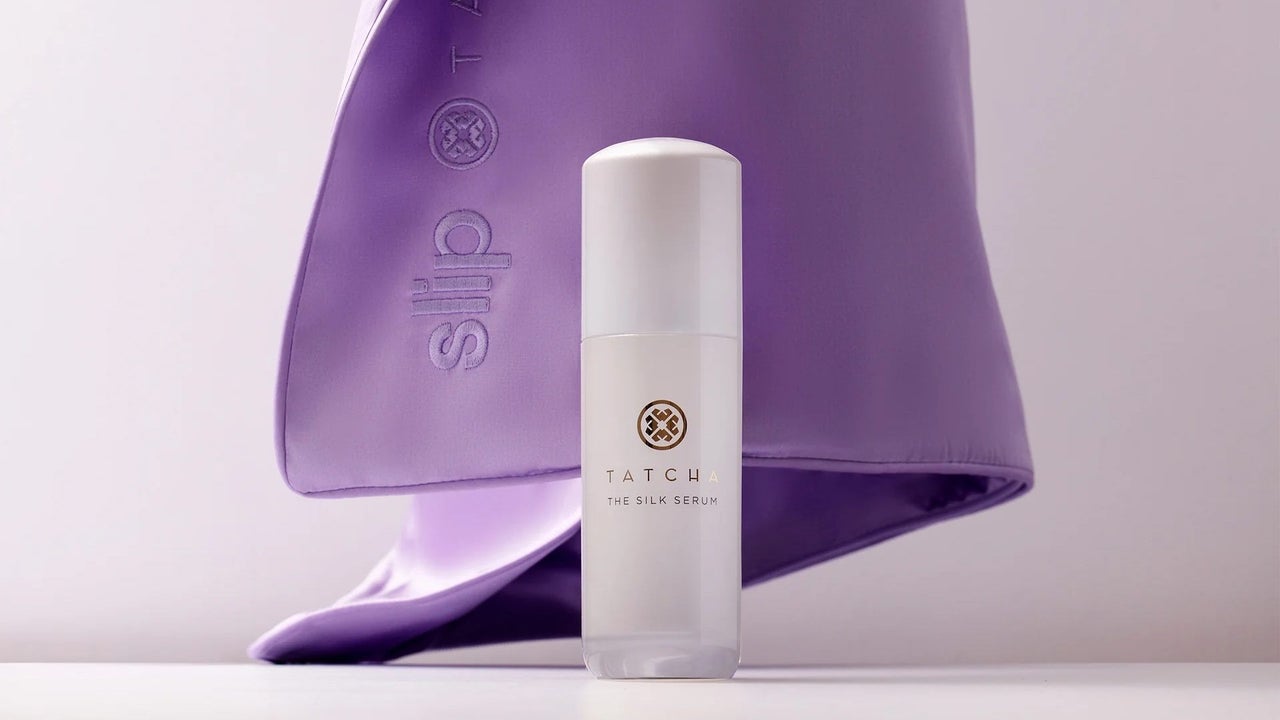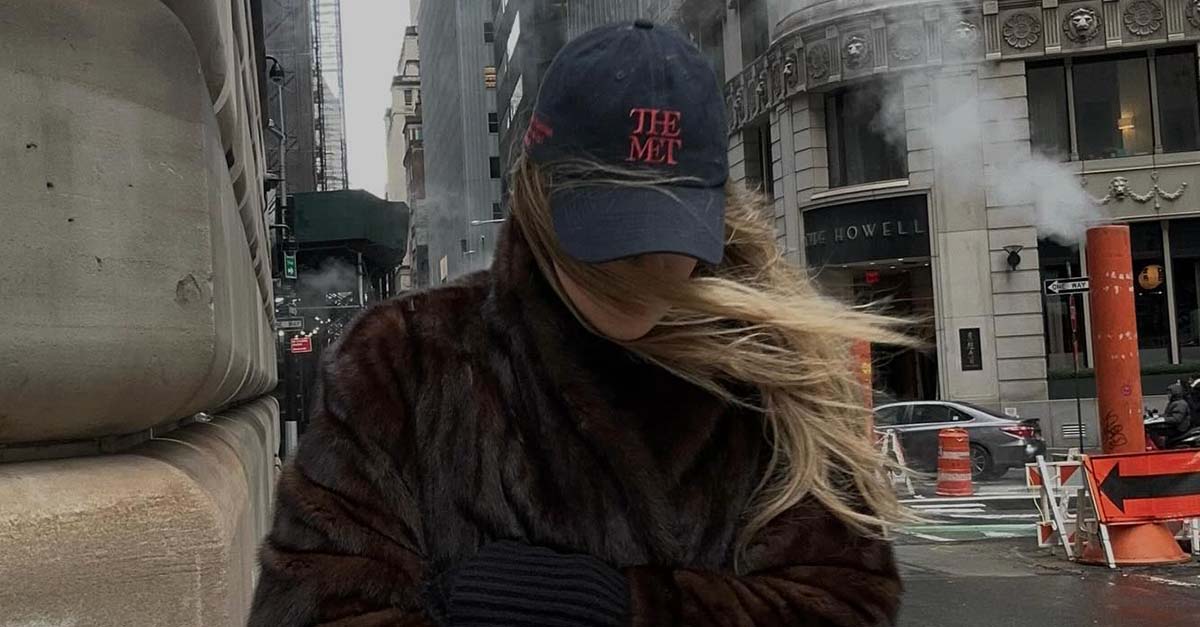
In September, the city of New Orleans and some surrounding parishes in south Louisiana began to prepare for at least three months of saltwater intrusion in the local water supply. President Joe Biden then declared the crisis a federal emergency and authorized funding for FEMA and other state agencies to mitigate the burgeoning crisis.
While months of extreme, record-high heat and lack of rainfall in and around the Crescent City are responsible for the crisis, some are pointing at current Louisiana Attorney General and Louisiana governor-elect Jeff Landry as partially responsible for the city’s ability to address the now circumvented crisis, as well as the decayed state of the city’s entire water infrastructure. Landry personally solicited the Louisiana State Bond Commission last year to withhold millions in funding from the New Orleans Sewage and Water Board due to the city government’s refusal to arrest and prosecute women in the wake of Louisiana’s total ban on abortion. The New Orleans Sewage and Water Board remains in desperate need of funding to tackle necessary repairs to its four water intake structures—one of which that has been inoperable for 34 years.
Despite a race against time to keep saltwater from encroaching from the Gulf of Mexico, there has been no concerted efforts by the state to improve its most populated city’s water infrastructure. The U.S. Army Corps of Engineers and New Orleans Homeland Security spent weeks unloading daily shipments of 36 million gallons of fresh water into the Mississippi in an attempt to dilute the river enough to prevent any further progression of the saltwater or the growing concern of the intrusion of lead into the city’s water supply. Both Jefferson Parish and Orleans Parish are in the process of building two respective pipelines to avoid both saltwater and lead contamination in their drinking water.
This ordeal unfolding during the Louisiana gubernatorial election coupled with the ascent of two Louisiana conservative GOP extremists to the highest offices in the land has sparked conversations and frustration about the fate of a city caught in the crosshairs. With reproductive justice and environmental justice acutely intersecting, Black families are especially vulnerable.
In an email to Matt McBride, a reporter from the Louisiana Illuminator, that was later published, a spokesperson for the New Orleans Sewage and Water Board, Grace Birch, said “We are at a critical point with nearly a billion dollars in capital improvement projects slated for the next five years that are 93% unfunded,” Birch said. “We have scoured every source of City, State and Federal funding, but our customers must know that these are one-time sources that are not sustainable, and we are looking at long-term plans for capital projects, especially as it relates to water treatment and distribution.” As of October 2023, the state of Louisiana has a surplus budget of $330 million.
Throughout the ordeal, residents took to social media to express frustration at the now slow-moving but omnipresent water crisis itself as many fear the implications upon daily life– like possible school closures, food accessibility, and the ability to maintain tourism levels, a major economic driver of the city of New Orleans, ahead of the Mardi Gras season.
Some mentioned facing derision from local residents in neighboring parishes as they flock to the shelves to stock up on drinking water. Last month’s governor’s race highlighted the almost exclusive anti-abortion political arena that is complicit in the burgeoning crisis.
Louisiana is one of the poorest states in the union, and 61.4% of babies born in the state in 2020 were born under the Louisiana’s Medicaid plan. Lack of reproductive care access has sent women who can afford other options as close as Illinois–geographically the closest sanctuary state for abortion access– and as far away as New York to have their choice respected.
Since the Dobbs vs. Jackson Women’s Health Organization U.S. Supreme Court decision struck down the constitutionally protected right for women to obtain abortion care, multiple abortion bans have been triggered in the Louisiana legislature. Senate Bill 342, authored by Democratic representative Katrina Jackson, is one of the strictest in the nation. It mandates one to 10 years of prison time and a fine of $10,000 up to $100,000 for anyone who has had an abortion in the state of Louisiana.
The most recent legislative session saw every proposed amendment– including those that would have allowed exceptions for victims of incest and rape– struck down in bipartisan opposition. Now in Louisiana—which has the highest maternal mortality rate in the United States, and where homicide is the leading cause of death for pregnant women—women are being forced to carry fetuses without skulls to term.
However, New Orleans Mayor LaToya Cantrell, Orleans Parish District Attorney Jason Williams, and Orleans Parish Sheriff Susan Hutson have all vowed to not seek arrest nor prosecution for pregnant persons seeking reproductive care. As a result, Landry– who suggested that anyone who does not like their reproductive care being stripped can simply “move“– has used his massive campaign backing and platform to wage a political war on the majority female state.
Throughout his campaign to be the next governor of Louisiana, Landry stood firmly opposed to any access to substantive abortion care for birthing people in Louisiana. Last fall, Landry personally urged the state treasurer to deny funding to any and all state-funded projects in the city of New Orleans until they enforced the abortion ban. A month later, Landry attended a public meeting through the Louisiana State Bond Commission to purposely delay funding to multiple city improvement projects–including $35 million to the New Orleans Sewage and Water Board–as he claimed the city had “thumbed its nose at the law” too many times. Per local news, that funding was specifically intended “for construction of an electrical substation to replace outdated, unreliable turbines that power the city’s drinking water, drainage and sewage systems.”
The New Orleans Sewage and Water Board has since made headlines for its crumbing infrastructure. The spewing and leaking of oil from its 24/7 turbines and drainage pumps (built in the 1960s) caused major damage to residents’ property in March 2023; a replacement is not expected to be in operation until the end of 2024. Now, the New Orleans water crisis highlights yet another real-world consequence of political posturing as a city of approximately 400,000 braces itself for an unknown many cannot afford to prepare for.
With Landry’s easy victory in the October 2023 Louisiana governor’s race, it can be assumed that his gubernatorial powers will be used to ensure the city of New Orleans is forced to comply with state law and enforce the prosecution of women seeking abortion care. Per the National Governor’s Association, “Governors develop and submit annual or biennial budgets for review and approval by the legislature. In a number of states, commonwealths, and territories, Governors also have ‘reduction’—most often referred to as ‘line-item’—veto power that can be used for the removal of appropriations to which they object.”
The state of Louisiana is no stranger to line-item veto powers being used by its governor. In that event, the governor’s veto can only be overridden by two-thirds majority vote of both the House of Representatives and the Senate. Yet, with the state of Louisiana containing a Republican supermajority, impactful dissent to Landry’s political will is not expected. Now governor-elect, Landry has already publicly vowed to reverse the impact of his Democratic predecessor as much as possible upon taking office.
Though the saltwater intrusion threat has passed, access to clean, freshwater remains a critical and focal issue of daily life in New Orleans and much needs to be done by way of funding to protect residents safety and health. However, regardless of the outcome, residents in New Orleans will likely experience a more profound wave of retribution for its stance of protecting women once the Landry administration ascends to power in the new year.
Gabrielle A. Perry is a formerly incarcerated woman, an epidemiologist and founder of The Thurman Perry Foundation, an award-winning nonprofit aiding women and girls nationally who have been affected by incarceration. You can find her work and thoughts on X (formerly Twitter) at @GeauxGabrielle.








